
Scientists found evidence after they evaluated tea effects from the perspective of neurocognitive and neuropsychological measures.
Researchers recruited healthy older participants to two groups according to their history of tea drinking frequency and investigated both functional and structural networks to reveal the role of tea drinking on brain organization.
The suppression of hemispheric asymmetry in the structural connectivity network was observed as a result of tea drinking.
The authors did not observe any significant effects of tea drinking on the hemispheric asymmetry of the functional connectivity network.
Dr. Junhua Li and Dr. Lei Feng said, “Tea has been a popular beverage since antiquity, with records referring to consumption dating back to the dynasty of Shen Nong (approximately 2700 BC) in China.”
Tea is consumed in diverse ways, with brewed tea and products with a tea ingredient extremely prevalent in Asia, especially in China and Japan.
Although individual constituents of tea have been related to the roles of maintaining cognitive abilities and preventing cognitive decline, a study with behavioral and neurophysiological measures showed that there was a degraded effect or no effect when a constituent was administered alone and a significant effect was observed only when constituents were combined.
The superior effect of the constituent combination was also demonstrated in a comparative experiment that suggested that tea itself should be administered instead of tea extracts; a review of tea effects on the prevention of Alzheimer’s disease, found that the neuroprotective role of herbal tea was apparent in eight out of nine studies.
It is worth noting that the majority of studies thus far have evaluated tea effects from the perspective of neurocognitive and neuropsychological measures, with direct measurement of brain structure or function less-well represented in the extant literature.
These studies focusing on brain regional alterations did not ascertain tea effects on interregional interactions at the level of the entire brain.
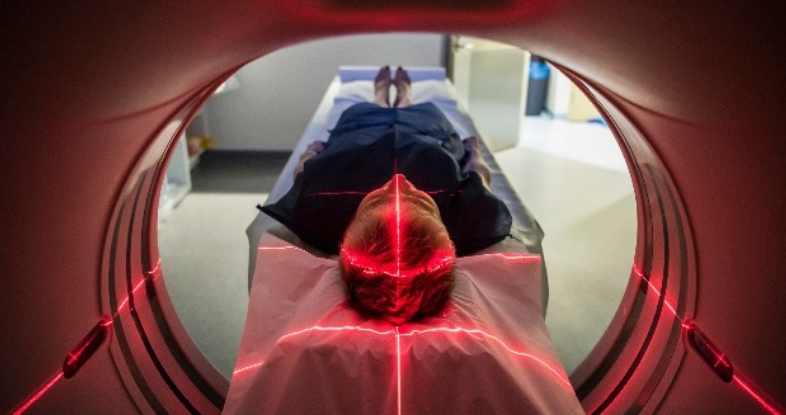
The Li/Feng Research team concluded, “In summary, our study comprehensively investigated the effects of tea drinking on brain connectivity at both global and regional scales using multi-modal imaging data and provided the first compelling evidence that tea drinking positively contributes to brain structure making network organization more efficient.”
Source: Science Daily.


















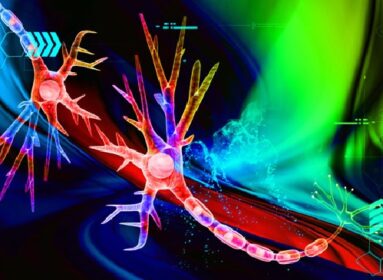

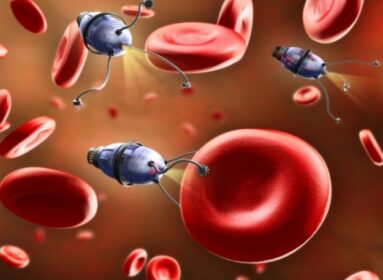


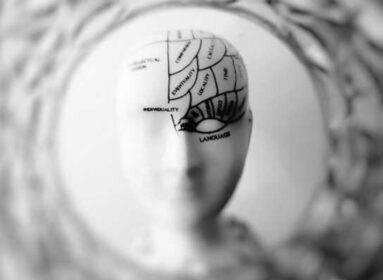









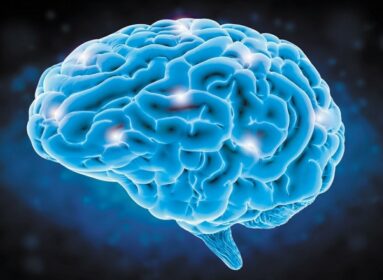




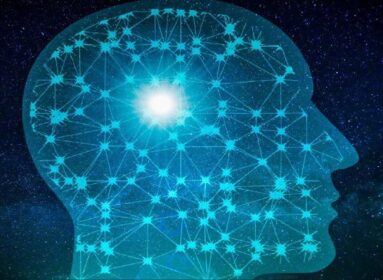
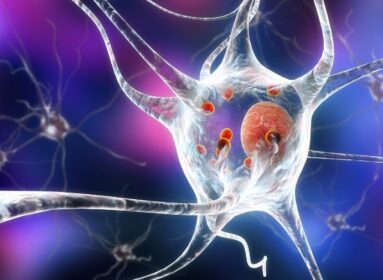


























Comments are closed.